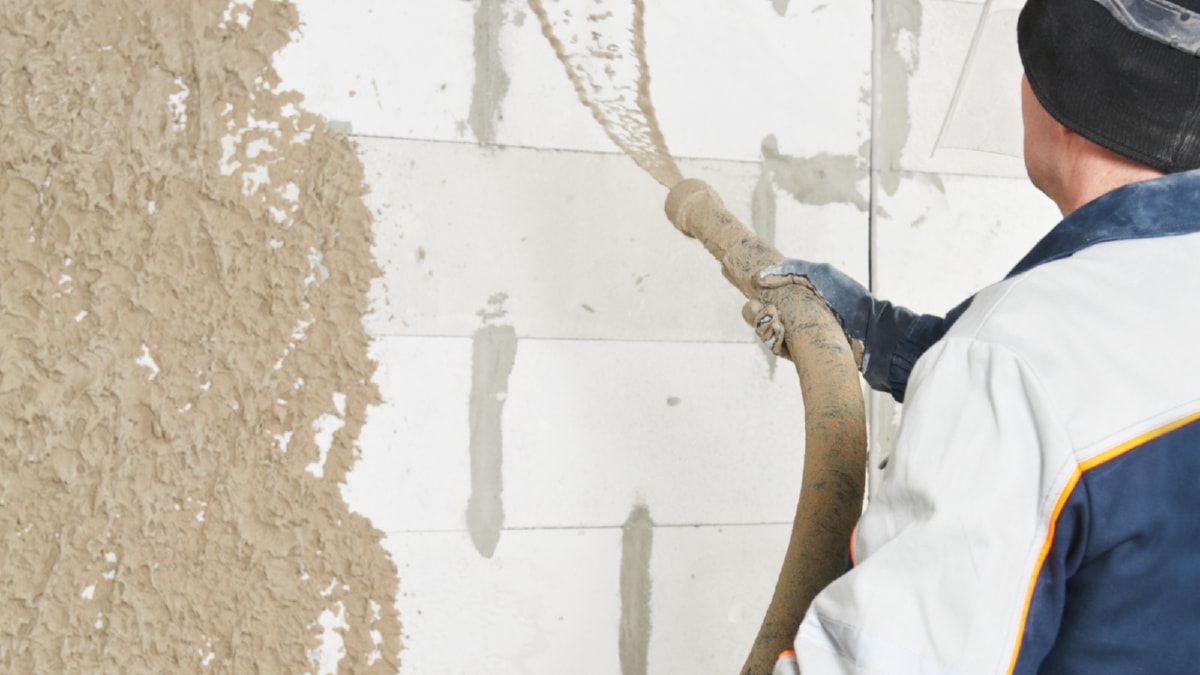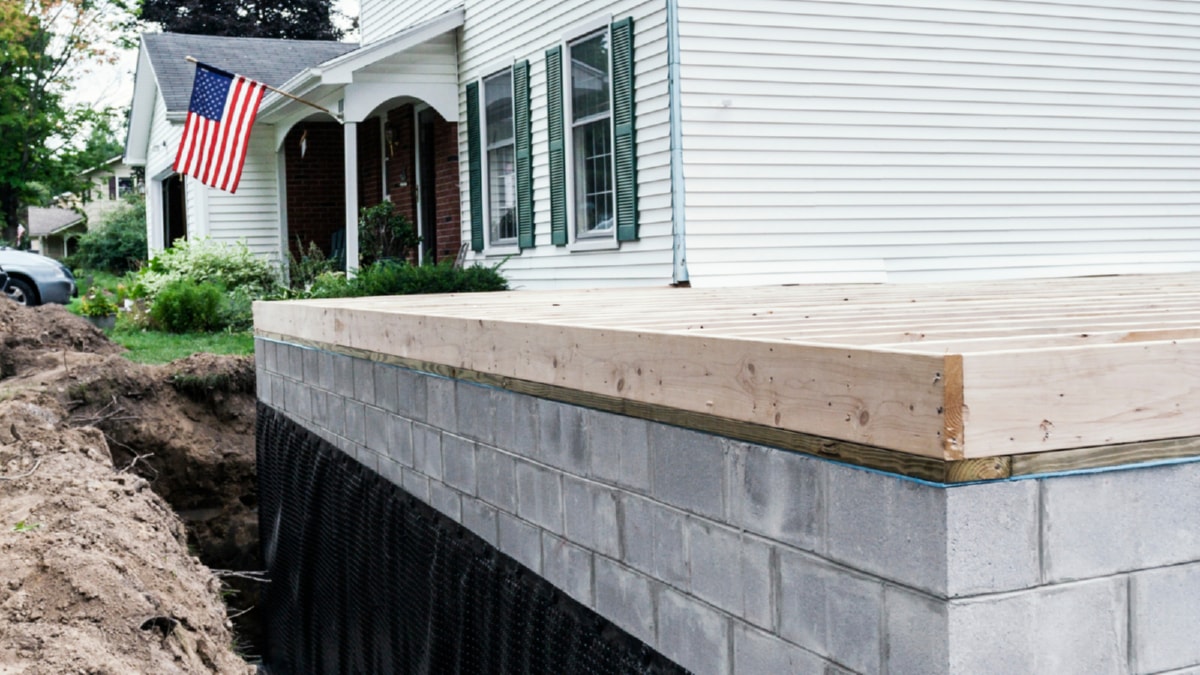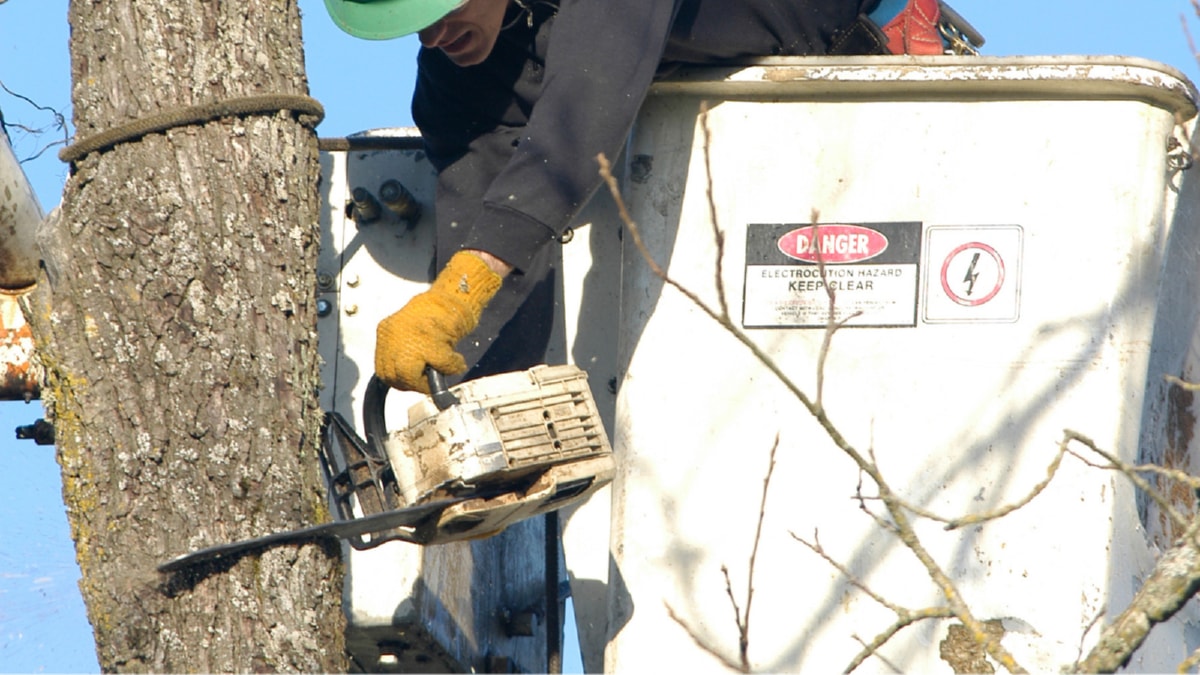Title: Guide #14: Best Practices and Tips for Construction
The building industry is an ever-changing, dynamic field, with emerging technologies, techniques, and rules continually influencing the way we approach construction projects. As a veteran professional in this field, I am thrilled to share Construction Guide #14. This guide will concentrate on some vital construction tips and best practices that can help make sure your projects are carried out efficiently, safely, and productively.
Prioritizing Safety
No matter the scale or range of your construction project, safety should always be paramount. Embed a safety-first culture by guaranteeing all employees are versed in safety procedures and equipped with the needed safety gear. Frequent safety audits, coupled with responsive actions to identified hazards, can markedly reduce the chance of accidents on-site.
Planning and Scheduling
A well-crafted plan is the cornerstone of any successful construction project. Prior to starting the actual construction, take time to thoroughly understand the project’s scope, create a comprehensive work schedule, and determine the necessary resources. During the project, adhere to the schedule but remain open for unforeseen changes. Your plan should also include a risk management strategy to reduce any potential challenges.
Quality Materials and Equipment
Utilizing high-quality materials and equipment not only improves the longevity and aesthetics of your construction but also boosts the safety of your workers. Consistent maintenance and checks on equipment can prevent unexpected breakdowns, saving you time and money in the long run.
Effective Communication
Communication is vital in construction. Clear and frequent communication among project managers, workers, architects, and clients can prevent misunderstandings and guarantee everyone is on the same page. This can be achieved through routine meetings, thorough reports, and using project management software.
Sustainability
With increasing concerns about the environment, incorporating sustainable practices in construction is a smart move. This can involve using energy-efficient equipment, recycling construction waste, and opting for eco-friendly building materials. Not only does this lower the project’s environmental impact, but it can also lead to cost savings and improved public image.
Embrace Technology
The incorporation of technology in construction, such as Building Information Modelling (BIM), drones, and virtual reality, can significantly improve efficiency and accuracy. These tools allow for better planning, real-time progress tracking, and improved communication.
Workforce Training
Lastly, putting resources in your workforce through regular training and skill development programs can improve productivity and reduce errors. Outfitting your team with the latest construction techniques and trends can give you a competitive edge in the market.
In conclusion, these construction tips and best practices are designed to guide you towards a successful project completion. By emphasizing safety, planning meticulously, using quality materials, communicating effectively, embracing sustainability and technology, and investing in your workforce, you can navigate the complexities of the construction industry with assuredness and competence. Remember, the construction journey is a ongoing learning process, and there’s always room for improvement. For the best Insulation Solutions in Wexford or visit their Insulation Services Wexford business listing here.
For more details, check best Insulation Solutions in Wexford or visit their Insulation Services Wexford business listing here.




